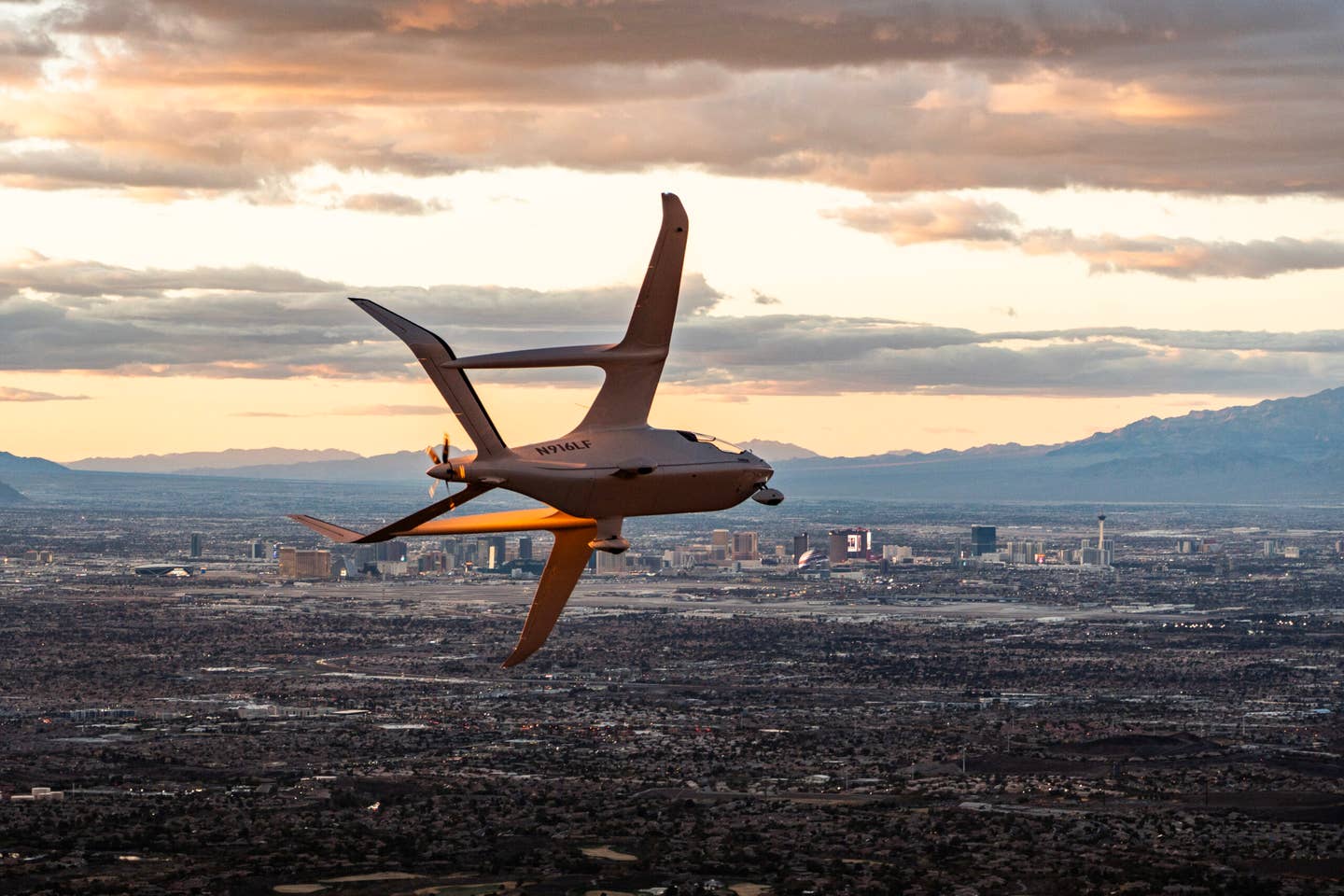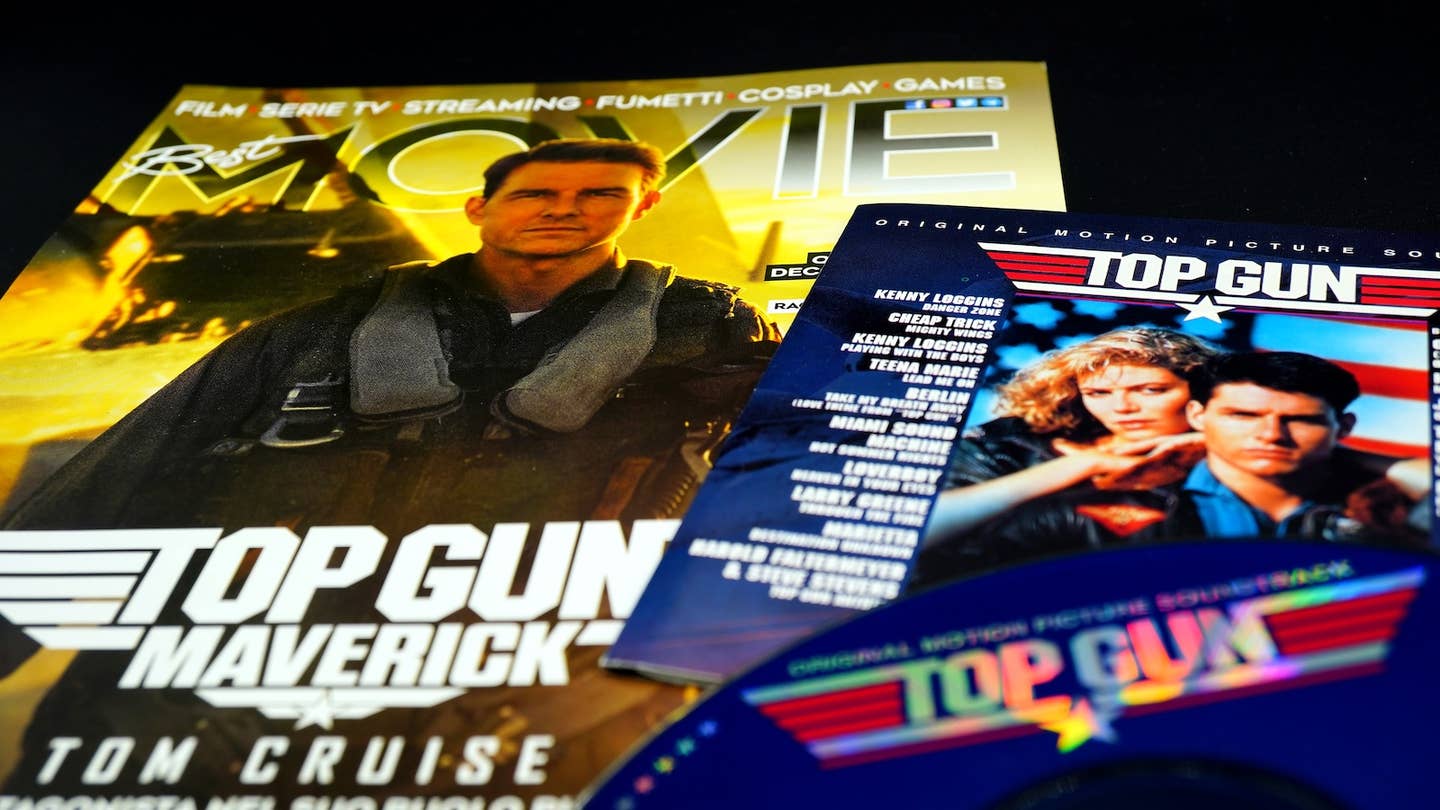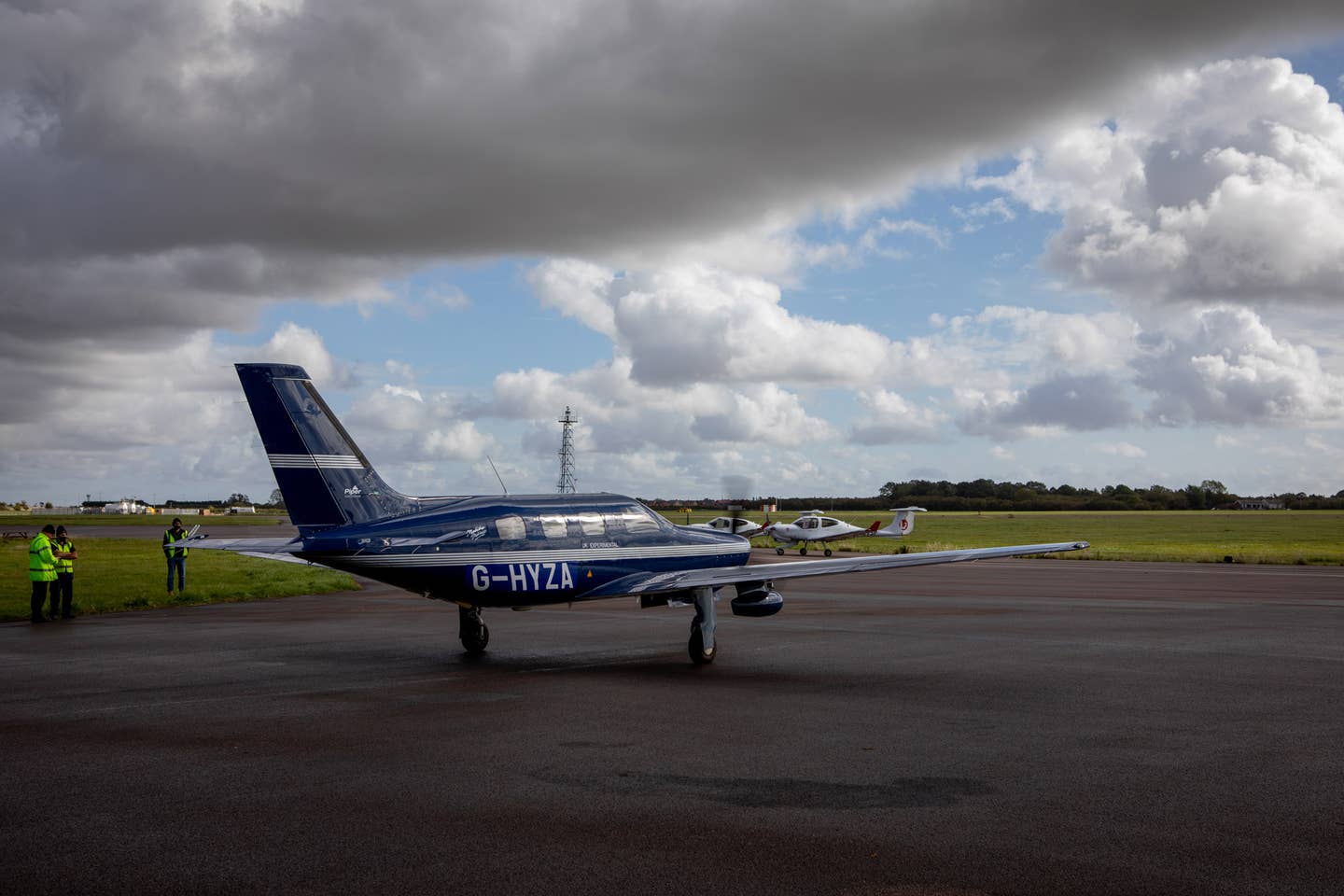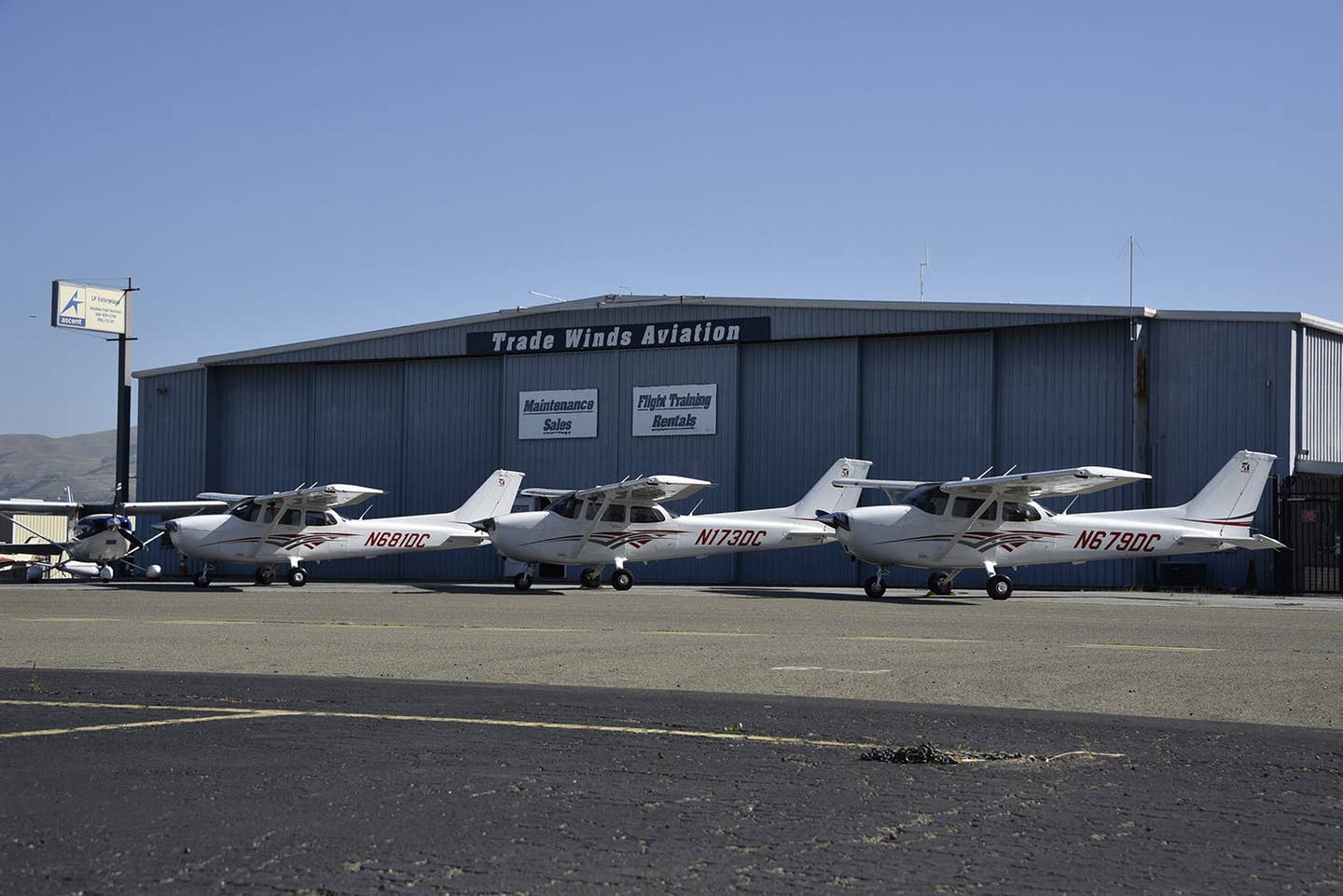Toyota ‘Exploring Rockets’ With $44M Investment in Japanese Firm
Funding will support Interstellar Technologies as it develops a reusable, orbital class launch vehicle.
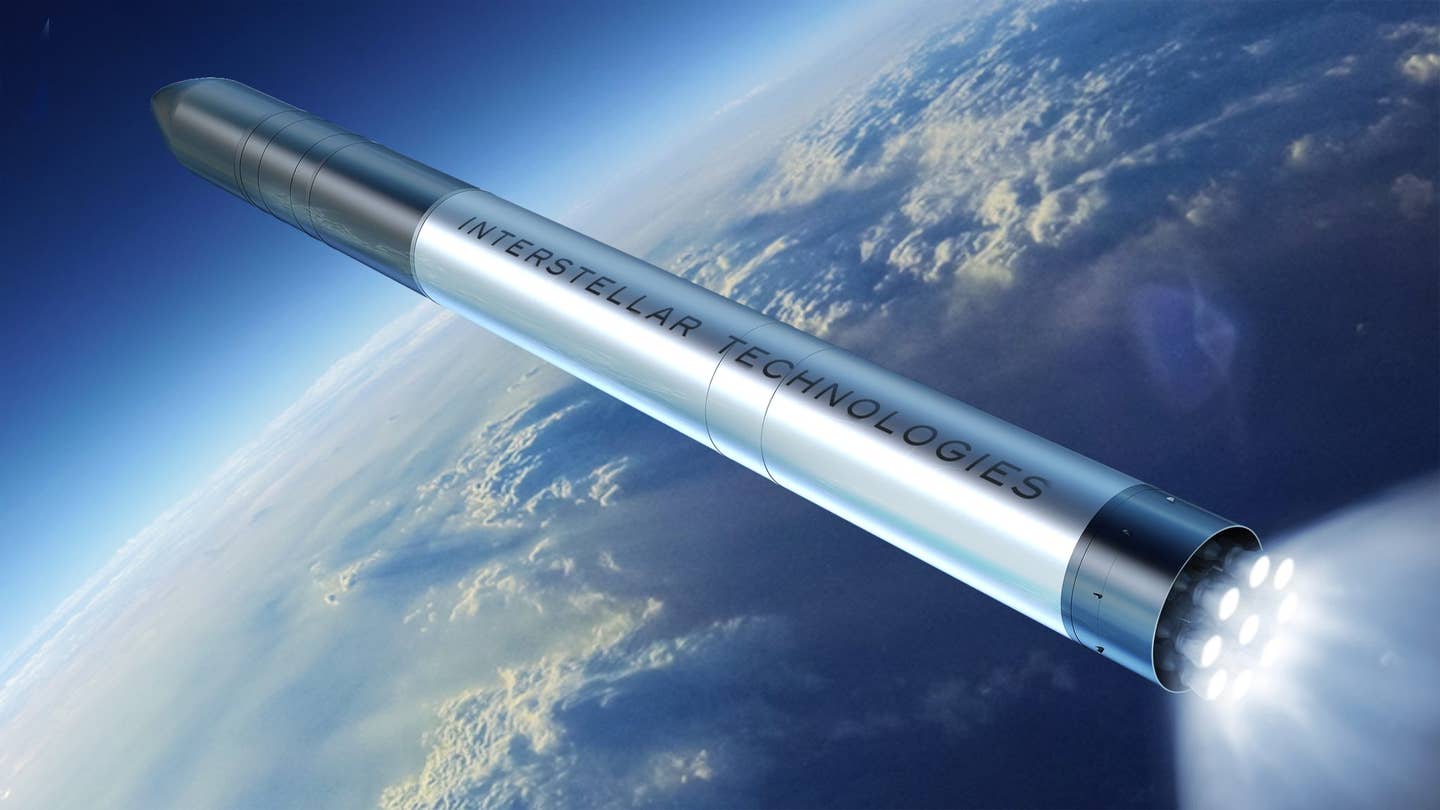
Interstellar Technologies’ Zero is a reusable, two-stage orbital rocket for on-demand launches of small satellites. [Courtesy: Interstellar Technologies]
Toyota is throwing its hat in the ring to compete with the likes of SpaceX, Rocket Lab, United Launch Alliance, and other space launch providers.
Interstellar Space—a Japanese company developing cheap, reusable rockets to launch small satellites to orbit—on Tuesday revealed that the automaker’s Woven by Toyota subsidiary contributed about $44 million to the company’s latest funding round, with the potential for further investments this year. The partners, who have been working together since 2020, believe the collaboration could speed mass production of Interstellar’s Zero and Momo rockets.
“When it comes to what's possible, when we work together…the sky's the limit,” said Akio Toyoda, chairman of Toyota, during a presentation at the Consumer Electronics Show (CES) 2025 in Las Vegas. “And speaking of sky, we're exploring rockets too…because the future of mobility shouldn't be limited to just earth…or just one car company for that matter.”
Toyoda’s CES address focused largely on the automaker’s Woven City—a human-made company town at the base of Mount Fuji, which the Toyota chairman described as a “living laboratory” for mobility technology. When the city opens its doors in the fall, about 100 Toyota staffers and their families will move in. The population is eventually expected to swell to 2,000.
The approximately 175-acre site will serve as a campus for employees to live and work on projects such as autonomous vehicles, flying cars, in-home robots—and rockets.
“This business alliance will leverage the Toyota Group’s extensive manufacturing capabilities and combine our expertise to advance rocket production and further drive mobility transformation,” said Hajime Kumabe, CEO of Woven by Toyota, in a statement Tuesday.
At the core of Interstellar’s space launch ambitions is Zero—a reusable, two-stage orbital rocket for on-demand launches of small satellites. Its debut orbital launch is expected later this year. The company has completed seven flights of the smaller, suborbital Momo, which in 2019 became the first private, liquid-fueled rocket built by an Asian company to reach the edge of space.
But the firm is dreaming bigger. It is also developing the heavy-lift Deca rocket, designed to launch satellite constellations for Interstellar’s satellite communications subsidiary, Our Stars. The idea is to offer both launch and satellite services akin to SpaceX’s Starlink.
“The satellite communications sector, which requires a high volume of launches, can reach its full potential when paired with a rocket company, as demonstrated by SpaceX in the U.S.” Interstellar said in a Tuesday news release. “We are accelerating our efforts to become a comprehensive space infrastructure company.”
The Japanese government is aiming to reach about 30 domestic rocket launches per year by the 2030s, which according to Interstellar will require the development of cheap, reusable rockets like SpaceX’s Falcon 9. State officials have already signalled their support by awarding the firm a $32.5 million grant to get its rockets off the ground.
With Zero, Momo, and Deca moving into Woven City, Interstellar will leverage Toyota’s manufacturing prowess in hopes of driving down production costs and time to launch. The 2017 inaugural launch of Momo, which is designed mainly for small science payloads, cost about $440,000. For comparison, a Falcon 9 launch is estimated to cost about $62 million. But the SpaceX model can carry about 50,000 pounds of payload compared to an estimated 1,750 pounds for Zero, per Interstellar's website.
Like this story? We think you'll also like the Future of FLYING newsletter sent every Thursday afternoon. Sign up now.

Sign-up for newsletters & special offers!
Get the latest FLYING stories & special offers delivered directly to your inbox


